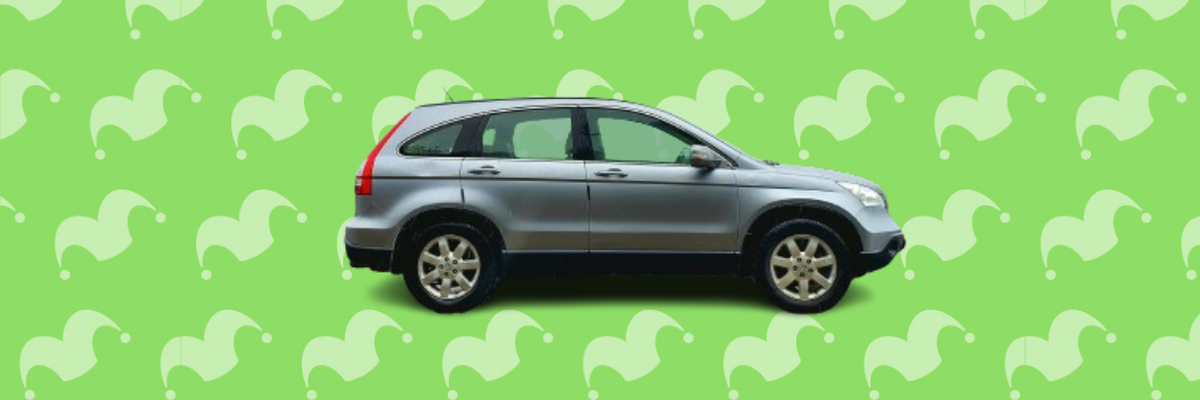Here's Why I'm Raising My Car Insurance Deductible -- and Maybe You Should, Too
KEY POINTS
- Review insurance coverage at least annually -- and whenever a big change is in the works, like buying a home or a new car.
- Drivers should consider their financial situation when deciding if a higher deductible is a good idea.
- Other ways to save include bundling coverage and getting a telematics insurance policy.
Revisiting your insurance coverages at least once a year is a smart idea. You never know when another company might be able to offer you a better deal on the same policies you already have, which might include auto insurance, homeowners insurance, and beyond.
A big life change is another great reason to reconsider your insurance situation. As I write this, I am less than 24 hours away from closing on a mortgage and officially becoming a homeowner again, for the first time in a long time. In the course of researching homeowners insurance companies, I provided information to get a new car policy, too. I also decided to raise my deductible for my auto insurance in the process. Here's why.
My financial situation has changed
I've owned a car in my own name since I was 21 years old and a senior in college -- when I bought that car, I was also responsible for insuring it and could no longer piggyback off my parents' auto insurance policy. Since I had college student (and then graduate student) finances, I had my deductible set relatively low, at $500. Your policy deductible is the amount of money you must cough up when you file a claim, and then your insurer picks up the rest of the tab for the repairs to your vehicle.
Unfortunately, my finances didn't improve as dramatically as I hoped after I got out of school and started in my first career, so I just kept my deductible set at $500. That was a dollar figure I could reasonably hope to cover from my meager savings account balance. It wasn't until recently that I could swing a higher deductible thanks to changing my money situation, so I'm boosting my deductible to $1,000.
It comes down to saving money -- as many things do
Swapping your low policy deductible for a higher one is a very accessible means of lowering the cost of your policy. Sure, I could probably reduce my car insurance premiums by agreeing to download an app or put a monitoring device in my car so my insurance company can check up on my driving, but I have privacy concerns with telematics. I also have a proven record as a safe driver with no tickets or collisions in a very long time, and I'm already rewarded by my insurer with a lower rate as a result.
So right now, I'm focusing on saving money on insurance in two other ways:
- Bundling my coverage: This move has perks beyond saving money, but the money savings can be significant. Bundling home and auto insurance can save the policyholder an average of $106 per month, according to State Farm. Plus, it can be convenient to have just one insurer to go to when you have a problem and need to file a claim.
- Raising my deductible: While I'll have to cough up twice as much money in the event of filing a claim, raising that figure from $500 to $1,000 can offer savings on policy costs. According to Progressive, drivers who double their policy deductible from $500 to $1,000 could save 28% on their premiums. With a higher deductible, I'll be taking on more of the risk than my auto insurer, and as a result, my monthly costs will be lower.
Should all drivers raise their car insurance deductibles?
Maybe -- but it's a good idea for drivers to consider their emergency fund and general financial situation. If needing to pay more to an insurer in the event of filing a claim won't be a major hardship, it's certainly worth considering. Drivers should also take the cash saved on premiums and stick it in a savings account, so it's ready just in case.
But for drivers on shakier financial ground, like I was for many years, it might be better to pay a bit more for those premiums in exchange for the peace of mind that comes from knowing car repairs will be taken care of for a smaller amount of money. As in all things personal finance, the choice for this one is personal.
Our Research Expert
Motley Fool Stock Disclosures
The Motley Fool recommends Progressive. The Motley Fool has a disclosure policy.




